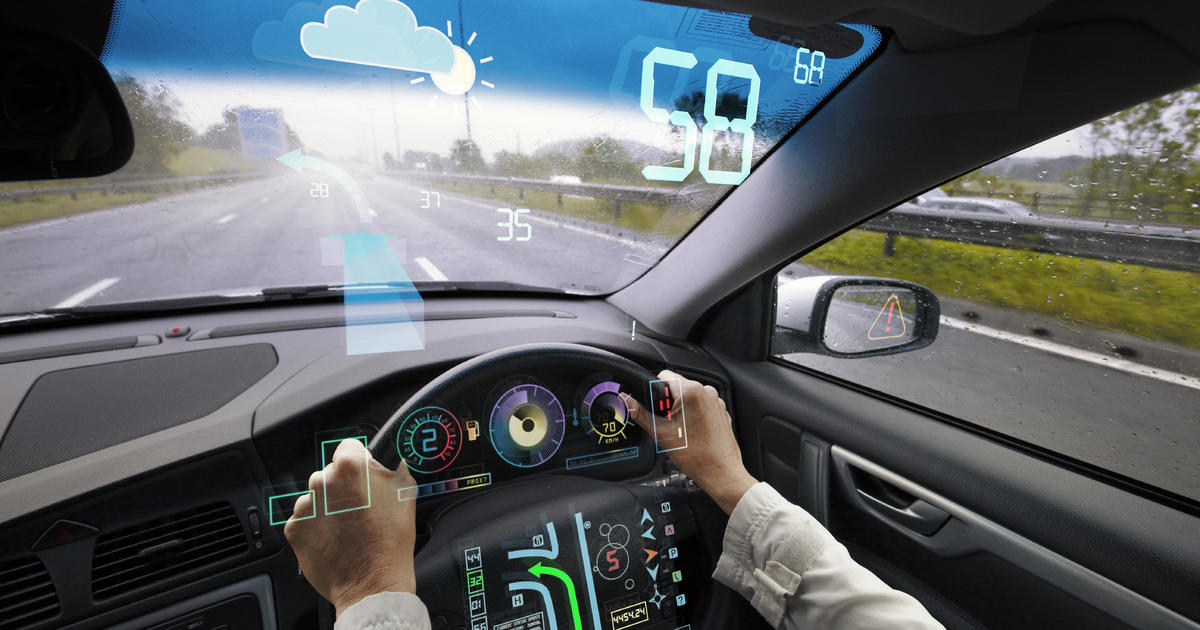Boston— Cars Score Poorly in Data Privacy, Study Finds
A recent study conducted by the nonprofit Mozilla Foundation reveals that major car manufacturers are failing to protect consumers’ data privacy. The study found that most manufacturers admit to potentially selling personal information, with half also stating they would share it with the government or law enforcement without a court order.
The increasing number of sensors in automobiles, including telematics and fully digitized control consoles, has turned cars into massive data-collecting machines. However, drivers have little to no control over the personal data their vehicles collect, according to researchers. Vague security standards further compound the issue, as automakers have a history of susceptibility to hacking.
Lead researcher Jen Caltrider expressed concern over the lack of privacy in cars, emphasizing that cars have microphones and cameras that can capture sensitive conversations and recordings. Unfortunately, car buyers have limited options to address these privacy concerns unless they opt for older, non-digital models.
In Mozilla’s “Privacy Not Included” survey, cars ranked the worst in privacy among various product categories such as fitness trackers, reproductive-health apps, and smart speakers. None of the 25 car brands evaluated met Mozilla’s minimum privacy standards, while 37% of mental health apps did so.
The study also revealed that 19 automakers are willing to sell personal data, with half of them sharing information with the government or law enforcement without requiring a court order. Only two car brands, Renault and Dacia, offer drivers the option to delete their data.
“Wiretaps on Wheels”
Albert Fox Cahn, a technology and human rights fellow at Harvard’s Carr Center for Human Rights Policy, described modern cars as “wiretaps on wheels.” He highlighted the increasing collection of data by car electronics, turning vehicles into corporate surveillance spaces that invade drivers’ privacy.
The Alliance for Automotive Innovation, a trade group representing car and light truck manufacturers in the U.S., disputed Cahn’s claim but expressed a commitment to protecting consumer privacy. They advocated for a federal privacy law to avoid confusion caused by various state privacy laws and to enhance cybersecurity to prevent massive data breaches.
The Associated Press inquired whether the alliance supports opt-out options for car buyers regarding data collection and the deletion of collected data. While the group has concerns about complete customer opt-outs for safety reasons, they believe customers should have more control over how their data is used for marketing purposes.
Privacy Concerns and Pew Research Survey
In a 2020 Pew Research survey, 52% of Americans stated that they had avoided using certain products or services due to concerns about the collection of personal information.
Mozilla’s minimum privacy standards include encrypting all personal information collected by cars. However, most car brands ignored questions from the researchers or provided unsatisfactory responses.
Nissan stood out for its honesty and detailed breakdown of data collection in their privacy notice. They collect “sensitive personal information,” including driver’s license numbers, immigration status, race, sexual orientation, and health diagnoses. Nissan also acknowledged sharing inferences derived from the data to create profiles reflecting consumer preferences and characteristics.
Nissan, along with five other car companies, indicated the collection of “genetic information” or “genetic characteristics.” Surprisingly, Nissan also mentioned collecting information on “sexual activity” without further explanation.
The “Creepiness Index”
According to Mozilla’s “creepiness” index, Tesla ranked high. Tesla’s privacy notice states that if an owner opts out of data collection, the company may not be able to provide real-time notifications of issues that could result in reduced functionality or serious damage.
Mozilla’s Caltrider credited privacy laws like the European Union’s General Data Protection Regulation and California’s Consumer Privacy Act for pressuring car manufacturers to disclose their data collection practices.
Caltrider believes that raising awareness among consumers, similar to the consumer backlash experienced by TV manufacturers in the 2010s, is a step towards addressing privacy concerns in cars.
Denial of responsibility! Vigour Times is an automatic aggregator of Global media. In each content, the hyperlink to the primary source is specified. All trademarks belong to their rightful owners, and all materials to their authors. For any complaint, please reach us at – [email protected]. We will take necessary action within 24 hours.


